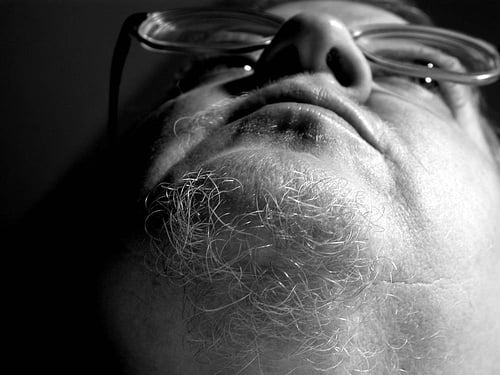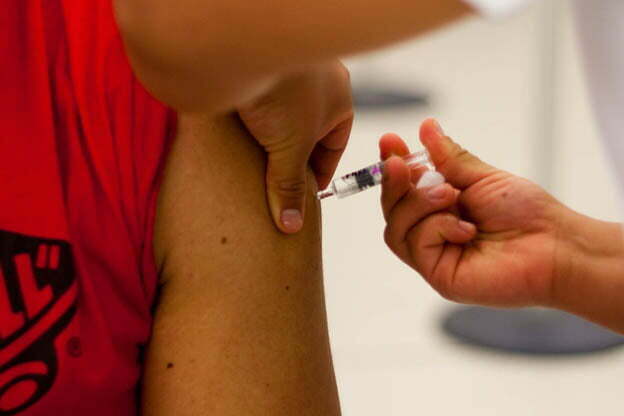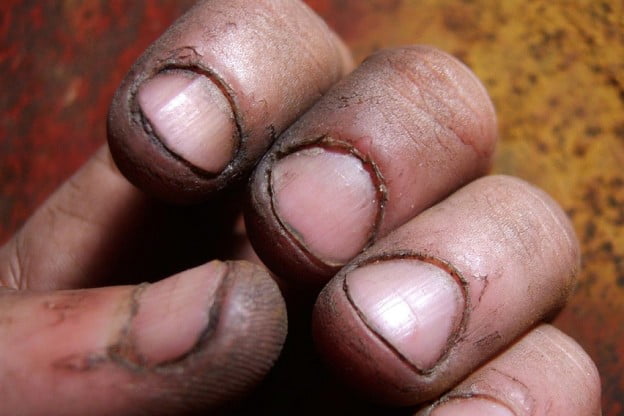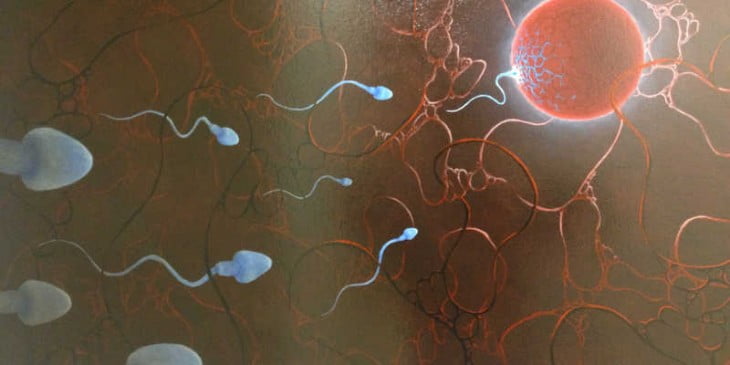The United Kingdom’s Royal College of Obstetricians and Gynecologists issued a report last week in an attempt to address the possible medical issues around excessive hairiness in women, beyond the cosmetic “problem.”
Five to 15% of women have excess hair (called hirsutism), and can often be linked to a hormone disorder. Polycystic ovary syndrome (PCOS) is the cause in 70% to 80% of cases.
What is PCOS?
PCOS, according to CDC Women’s Health, a health problem that can affect a woman’s menstrual cycle, ability to have children, hormones, heart, blood vessels, and appearance.
With PCOS, women typically have:
- high levels of androgens (sometimes called male hormones, although females also make them).
- missed or irregular periods
- many small cysts (fluid-filled sacs) in their ovaries
PCOS is a systematic illness, which means that many parts of the body are impacted. Most directly, the female reproductive system (ovarian cysts, irregular periods, infertility), but also the body’s ability to process insulin (insulin resistance or Type II diabetes), growth of excessive hair (on the face, chest, stomach or back), weight issues (obesity, extra weight around the waist, difficulty losing weight), and the skin (thickened and dark brown/black skin on neck, arms, breasts, or thighs).
Treatment Options
The disease has no known specific cause but it can run in families. Treatments mainly focus on addressing the specific symptoms of each woman which can vary widely. These might include birth control to regulate periods, diabetes medications to treat the insulin resistance, fertility drugs for women trying to get pregnant, or anti-androgens to help reduce hair growth and clear acne. Lifestyle modifications can help with weight loss, which might reduce symptoms as well. If the ovaries have multiple cysts, ovarian drilling can be done to induce ovulation which might reduce some symptoms.
Considering this disease is becoming more common (about one in ten women of childbearing age has PCOS. & is the most common cause of female infertility), I’m glad to see the BBC news and researchers there are picking up on it and trying to increase awareness around this disease.
 Mouth Gag And Nipple Chain
1 ×
Mouth Gag And Nipple Chain
1 ×  Mens Red Pouch With Jockstraps
1 ×
Mens Red Pouch With Jockstraps
1 ×  Animhole Bull Dildo
1 ×
Animhole Bull Dildo
1 ×  Silicone Dog Bone Gag
1 ×
Silicone Dog Bone Gag
1 ×  Leather Penis Gag
1 ×
Leather Penis Gag
1 ×  Inflatable Latex Balloon Gag With Pump
1 ×
Inflatable Latex Balloon Gag With Pump
1 × 








